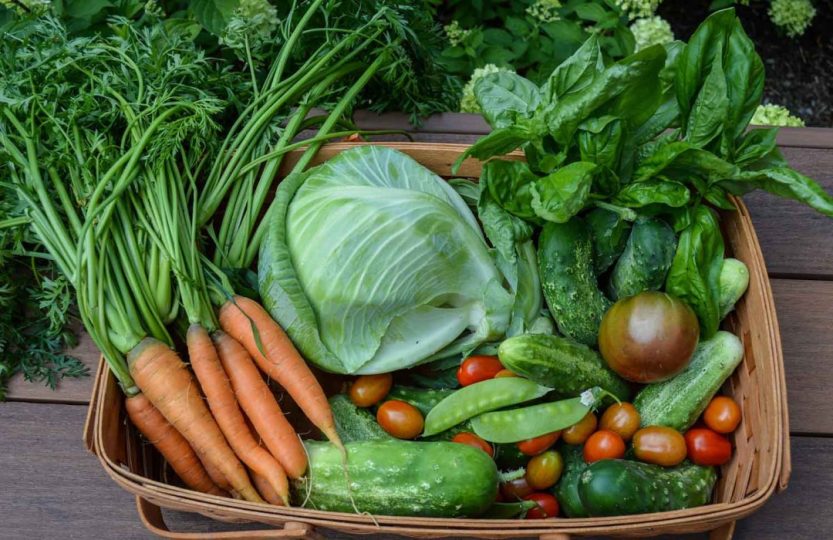🌱 Beginner’s Guide to Organic Vegetable Gardening at Home
Looking to grow your own food, reduce your grocery bill, and eat healthier? It all starts with organic vegetable gardening at home. Whether you have a backyard, a balcony, or just a few containers, this guide will walk you through everything you need to know to get started the right way.
🌿 Why Choose Organic Gardening?
Organic gardening means growing plants without synthetic fertilizers, pesticides, or herbicides. Not only is it healthier for your family, but it’s also better for the environment. When done right, it helps enrich the soil, protect pollinators, and keep your veggies full of nutrients.
Learn more about the benefits of organic gardening from The Organic Gardening Resource Center.
🛠️ Tools & Supplies You’ll Need
To begin your organic vegetable gardening at home journey, gather the following essentials:
-
Raised garden bed or pots
-
Organic compost and soil
-
Non-GMO vegetable seeds
-
Hand tools: trowel, gloves, watering can
-
Mulch (like straw or wood chips)
You can find a helpful beginner’s gardening checklist at Gardener’s Supply Company.
🌻 Best Vegetables for Beginners
Start with easy-to-grow veggies that thrive in most home gardens:
-
Tomatoes – High-yield and perfect for containers
-
Lettuce & Spinach – Fast-growing leafy greens
-
Carrots – Require loose soil but are simple
-
Zucchini – Great for small gardens and very productive
-
Green Beans – Minimal maintenance and quick harvest
Want more inspiration? Check out GrowVeg’s guide to easy starter crops.
🧑🌾 Steps to Start Your Garden
-
Choose a Sunny Spot: At least 6-8 hours of sunlight daily.
-
Prep Your Soil: Mix in compost and test pH (ideal is 6.0–7.0).
-
Plan Your Layout: Taller plants in back, spreaders in front.
-
Sow Seeds or Transplants: Follow spacing instructions.
-
Water Regularly: Keep soil moist but not soggy.
-
Mulch: Helps retain moisture and prevent weeds.
-
Monitor for Pests: Use neem oil or companion planting for organic pest control.
A full guide to organic pest solutions is available at Rodale Institute.
🍅 Pro Tips for Thriving Organic Gardens
-
Rotate crops each season to prevent soil depletion and pests.
-
Use compost tea as a natural fertilizer boost.
-
Encourage pollinators with flowers like marigold, calendula, and lavender.
-
Track your garden’s progress in a journal or app.
🌎 Sustainability Matters
Growing your own organic vegetables isn’t just about tasty meals. It’s also a way to reduce your carbon footprint, cut down on packaging waste, and connect with nature. Learn how home gardens contribute to sustainability at The Permaculture Research Institute.
📌 Final Thoughts
With just a little time and effort, organic vegetable gardening at home can provide fresh, chemical-free produce and a deeply satisfying hobby. Start small, stay consistent, and enjoy the process of nurturing your own mini ecosystem.
















